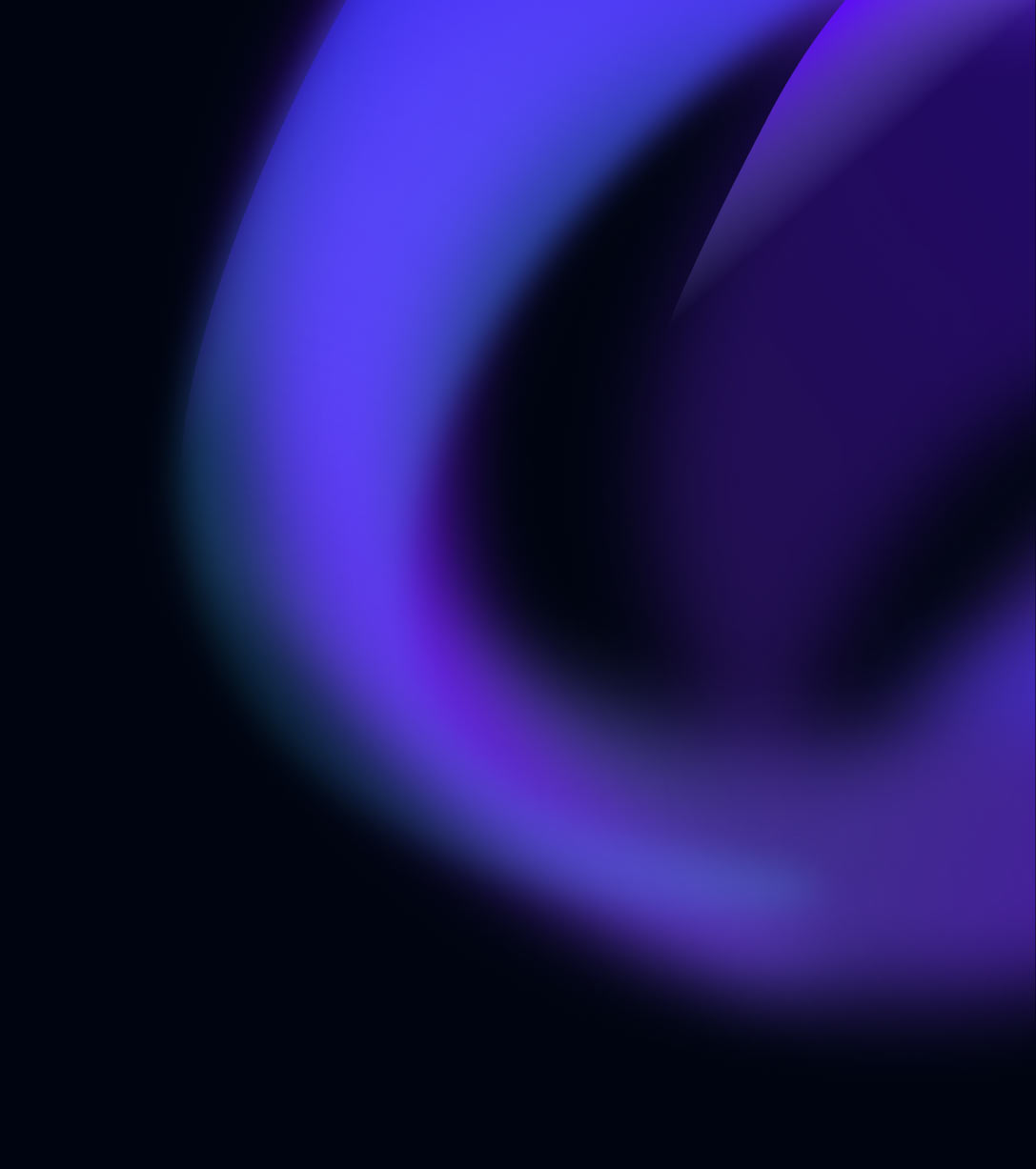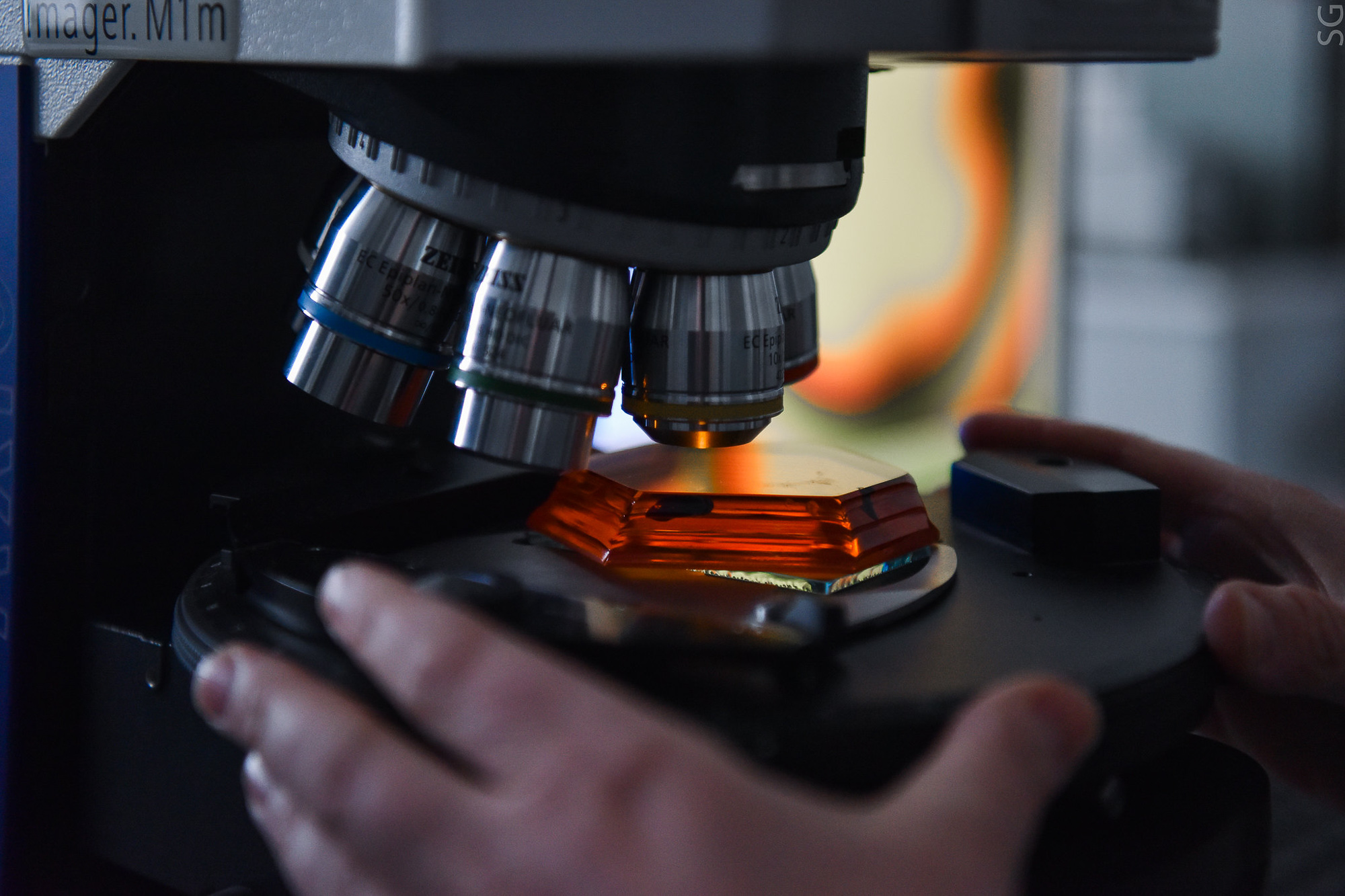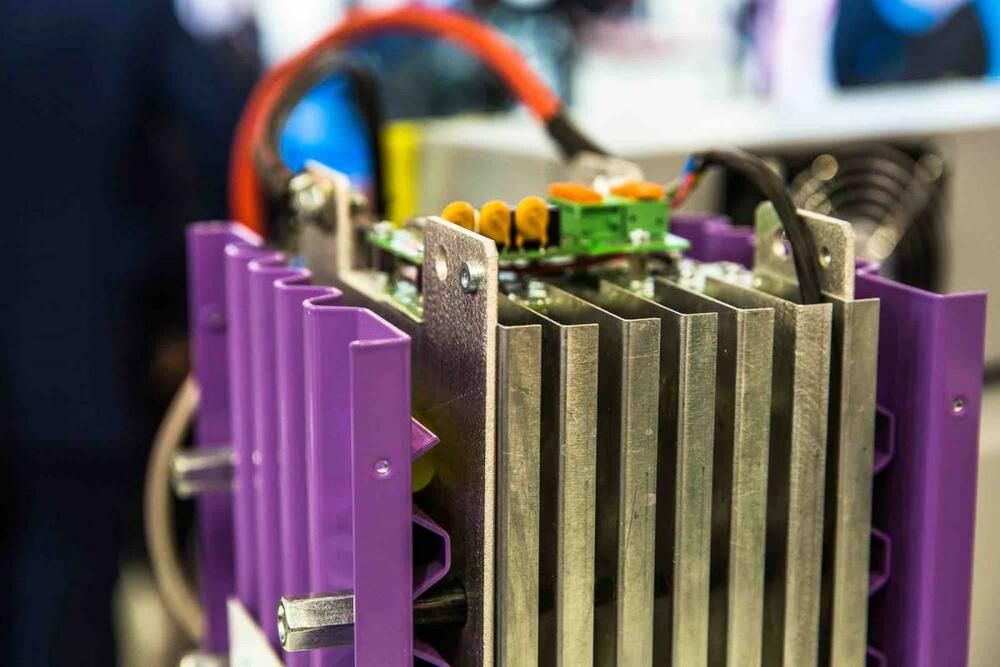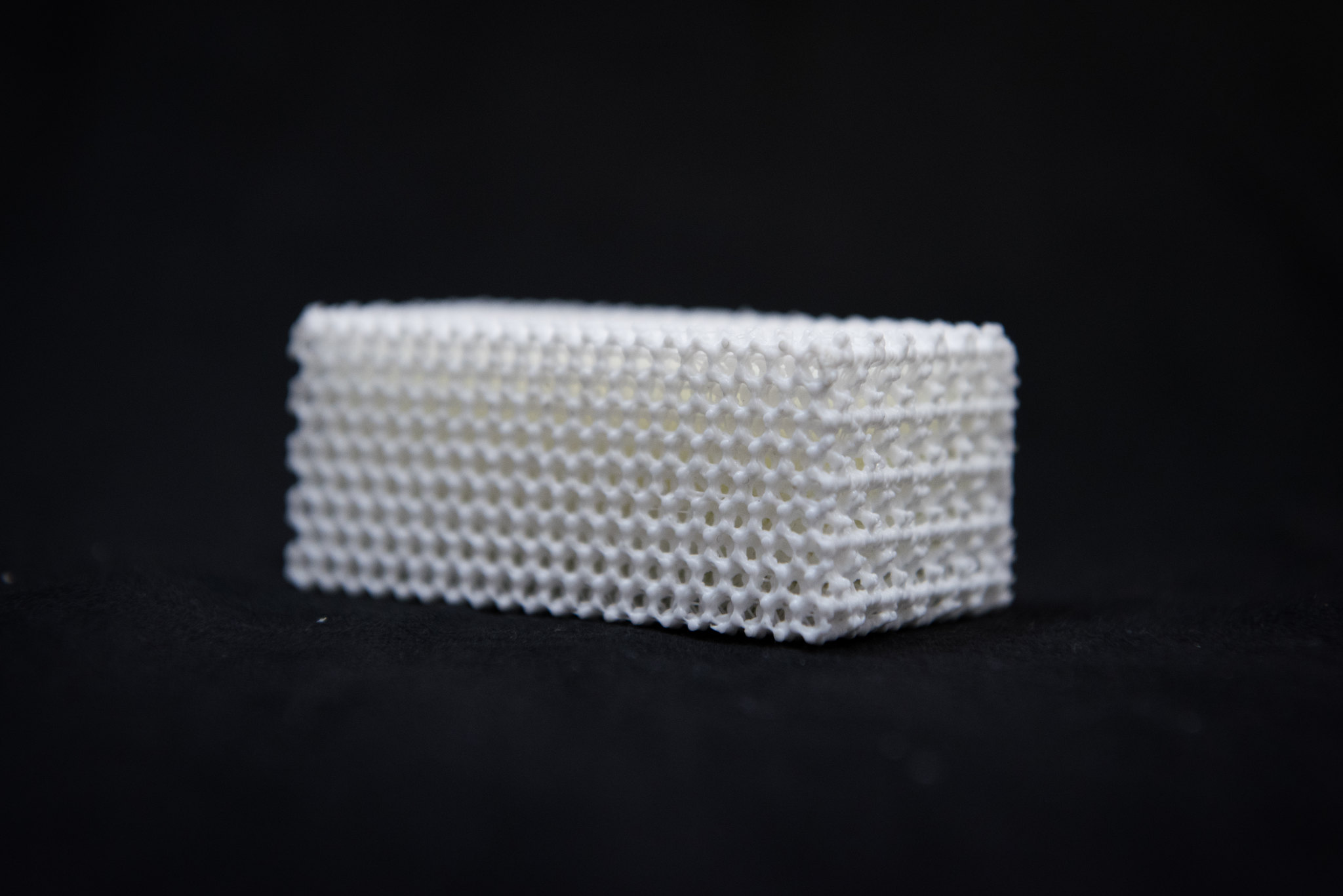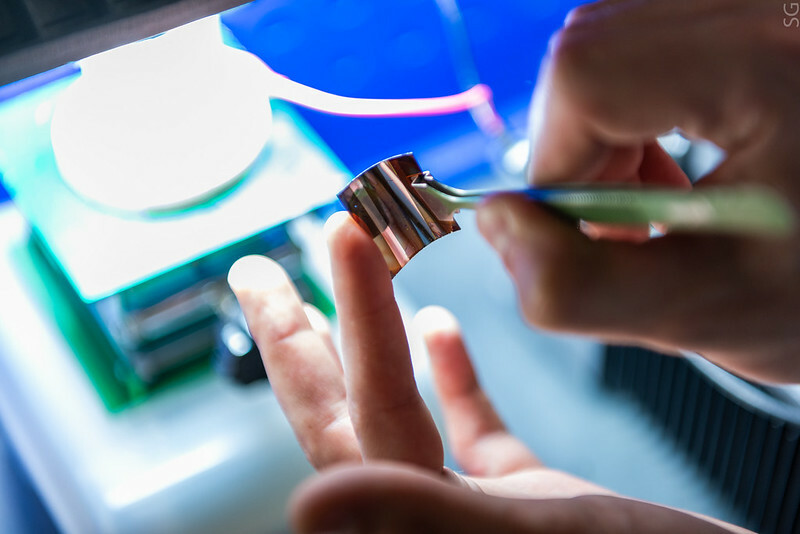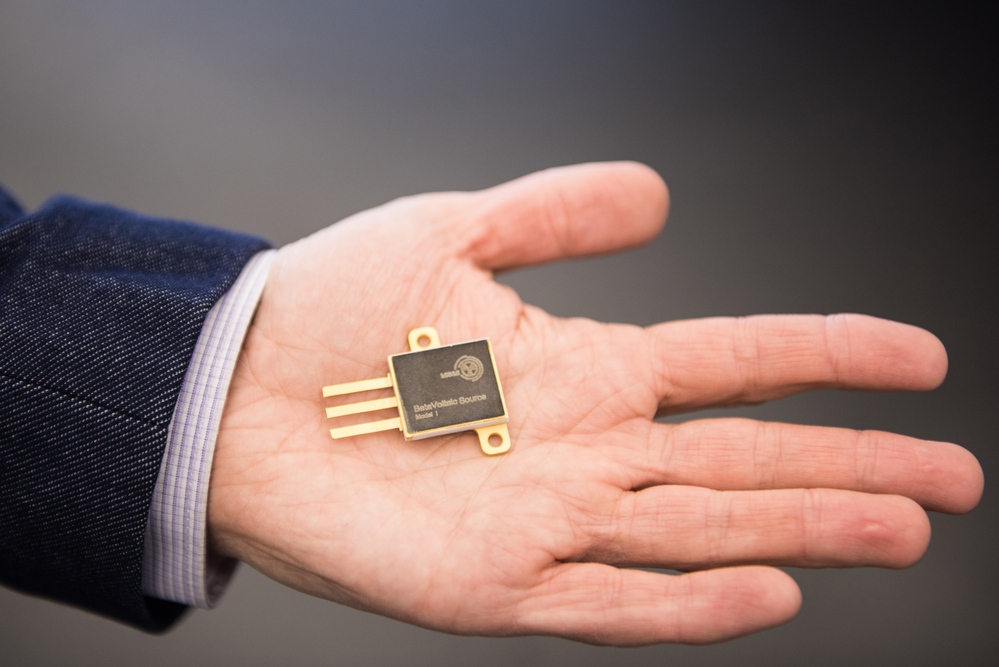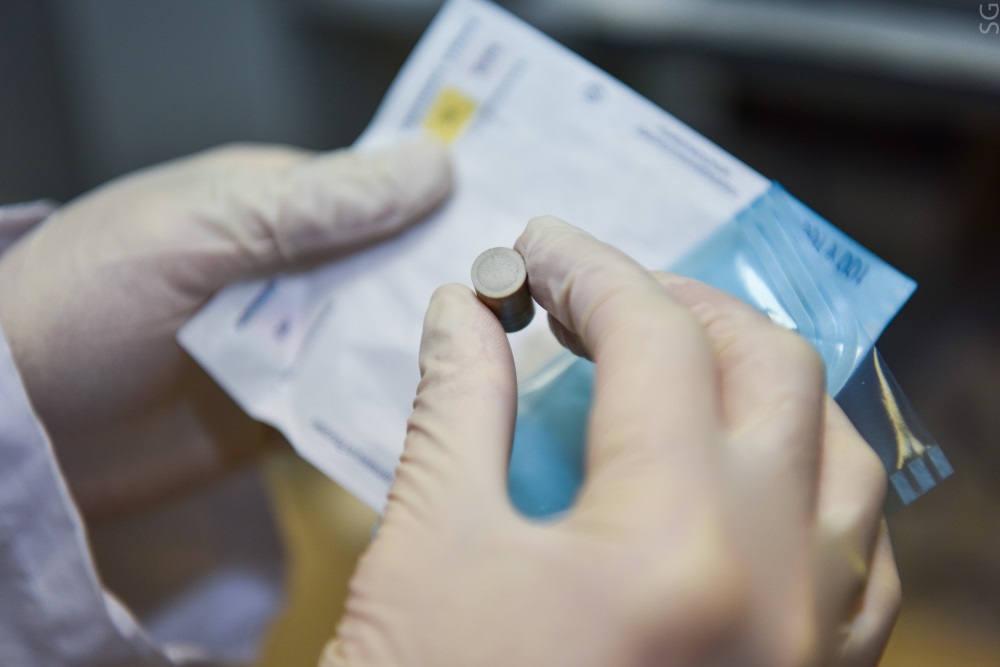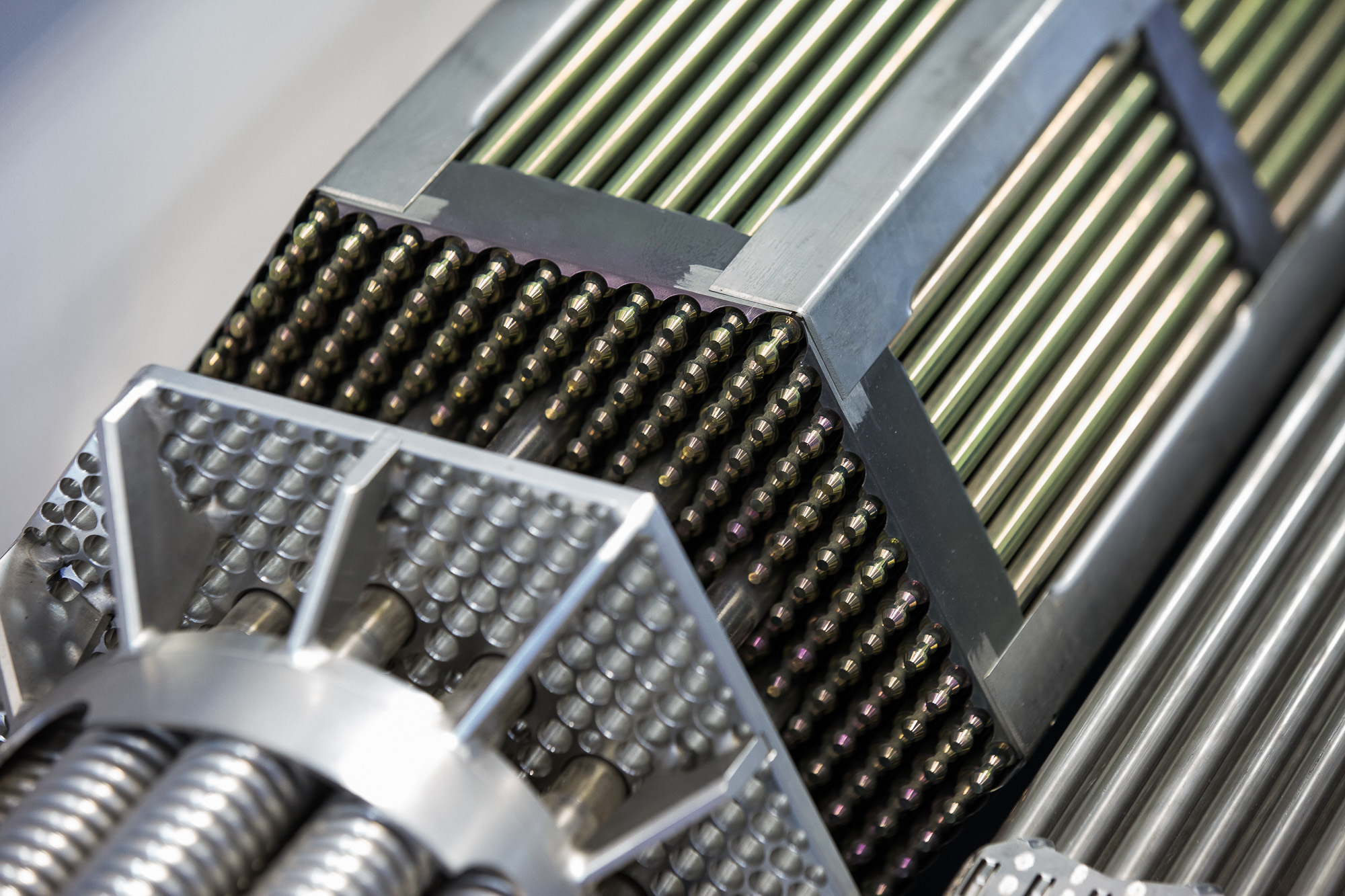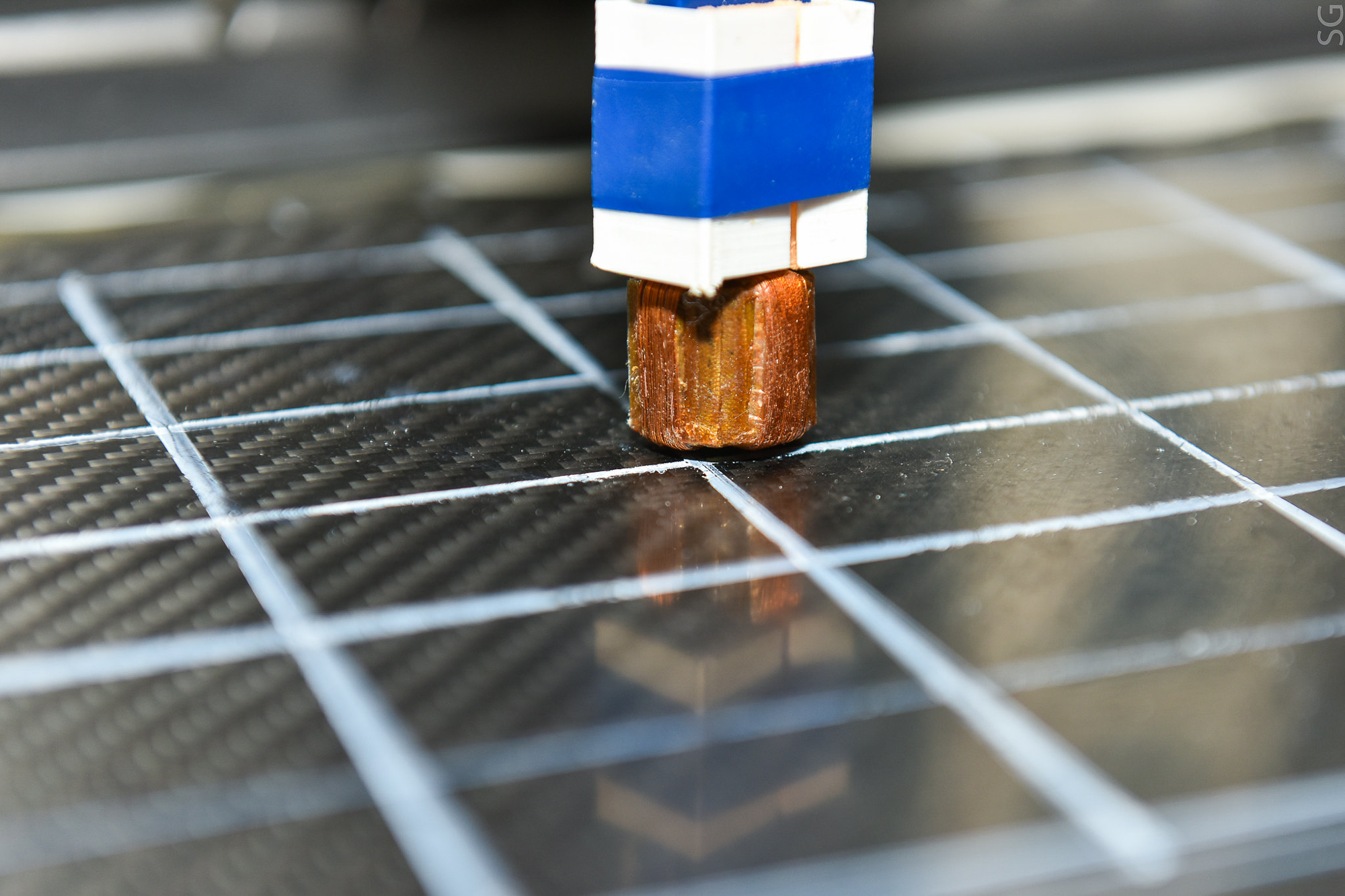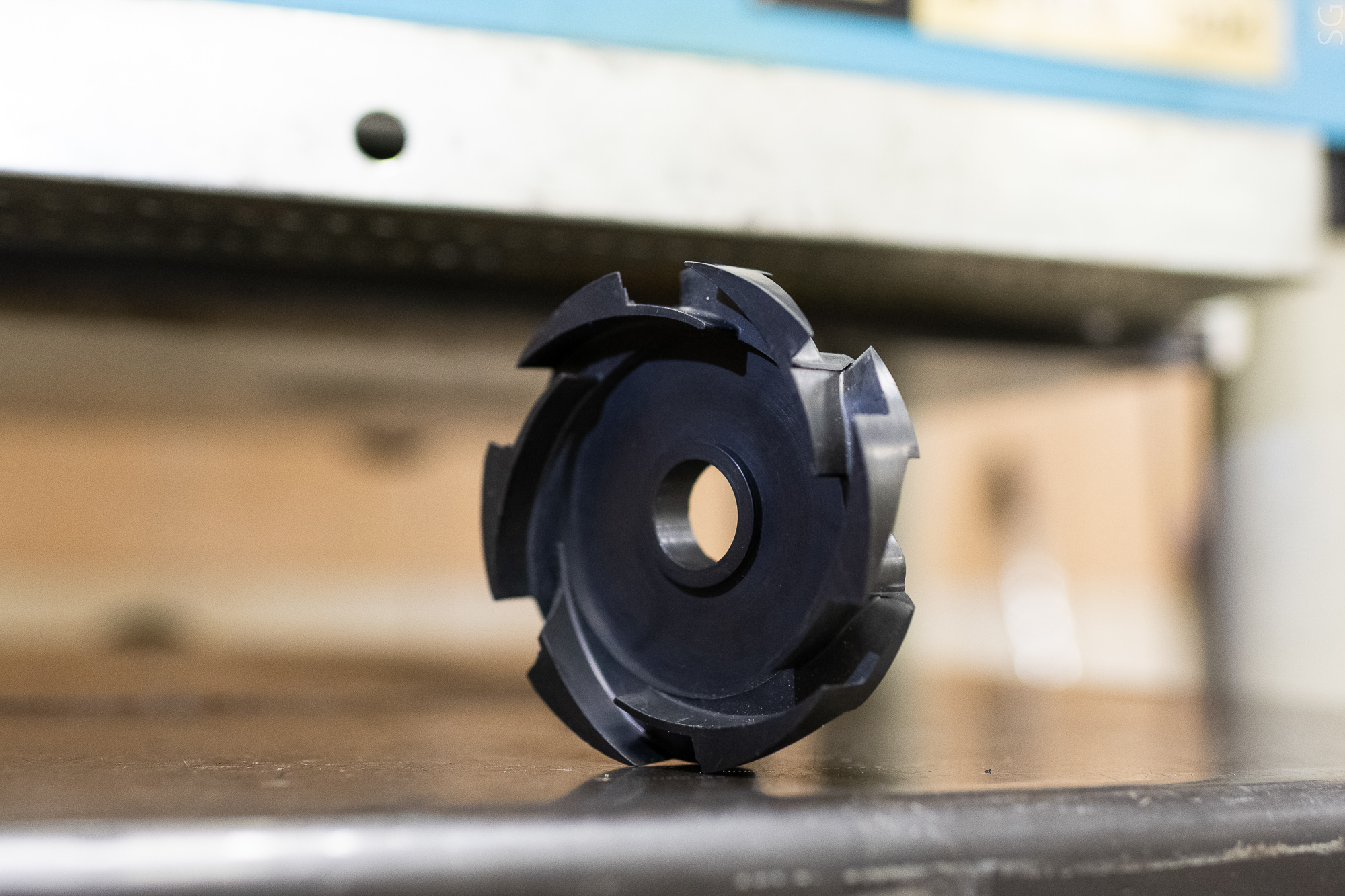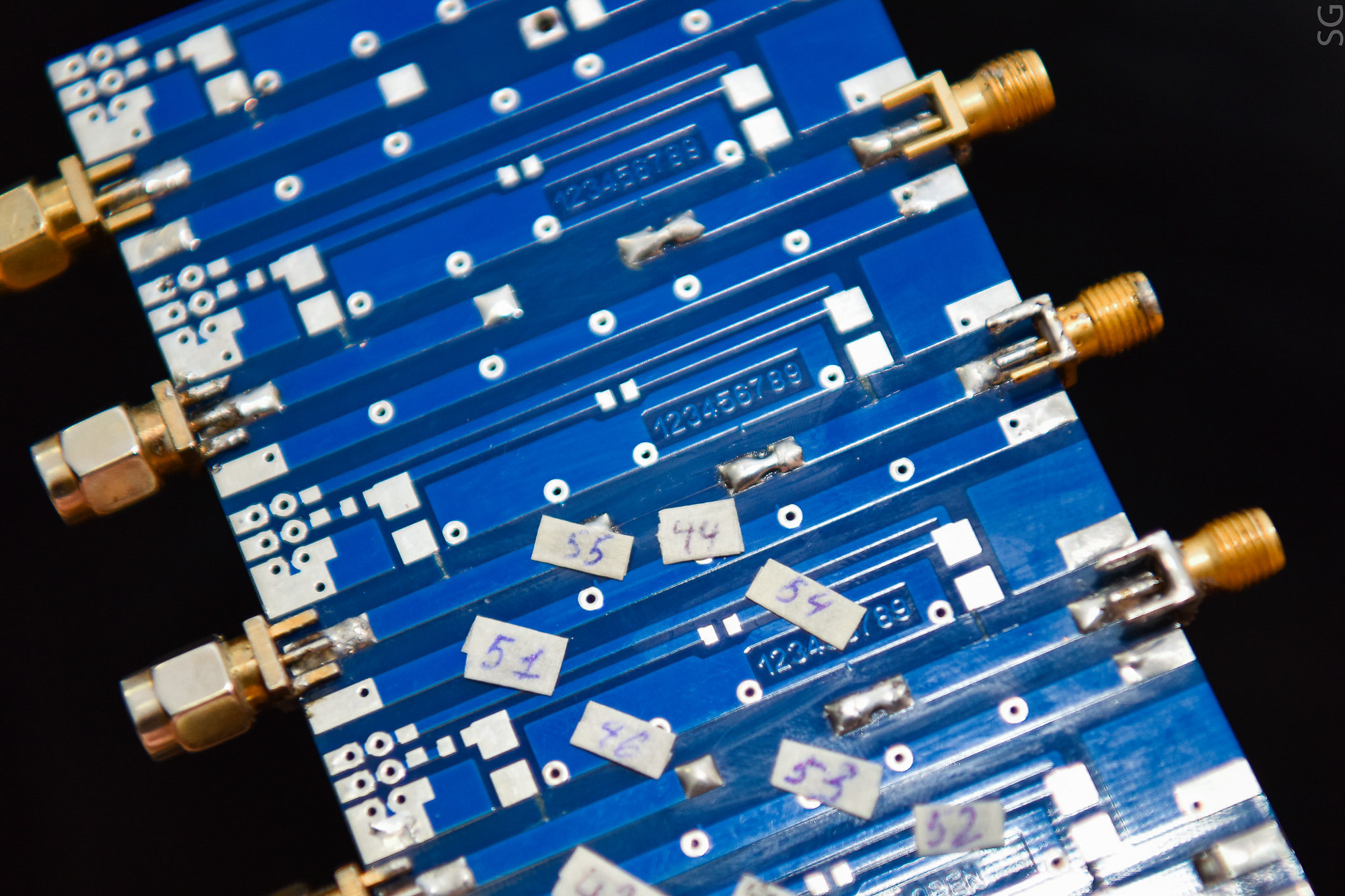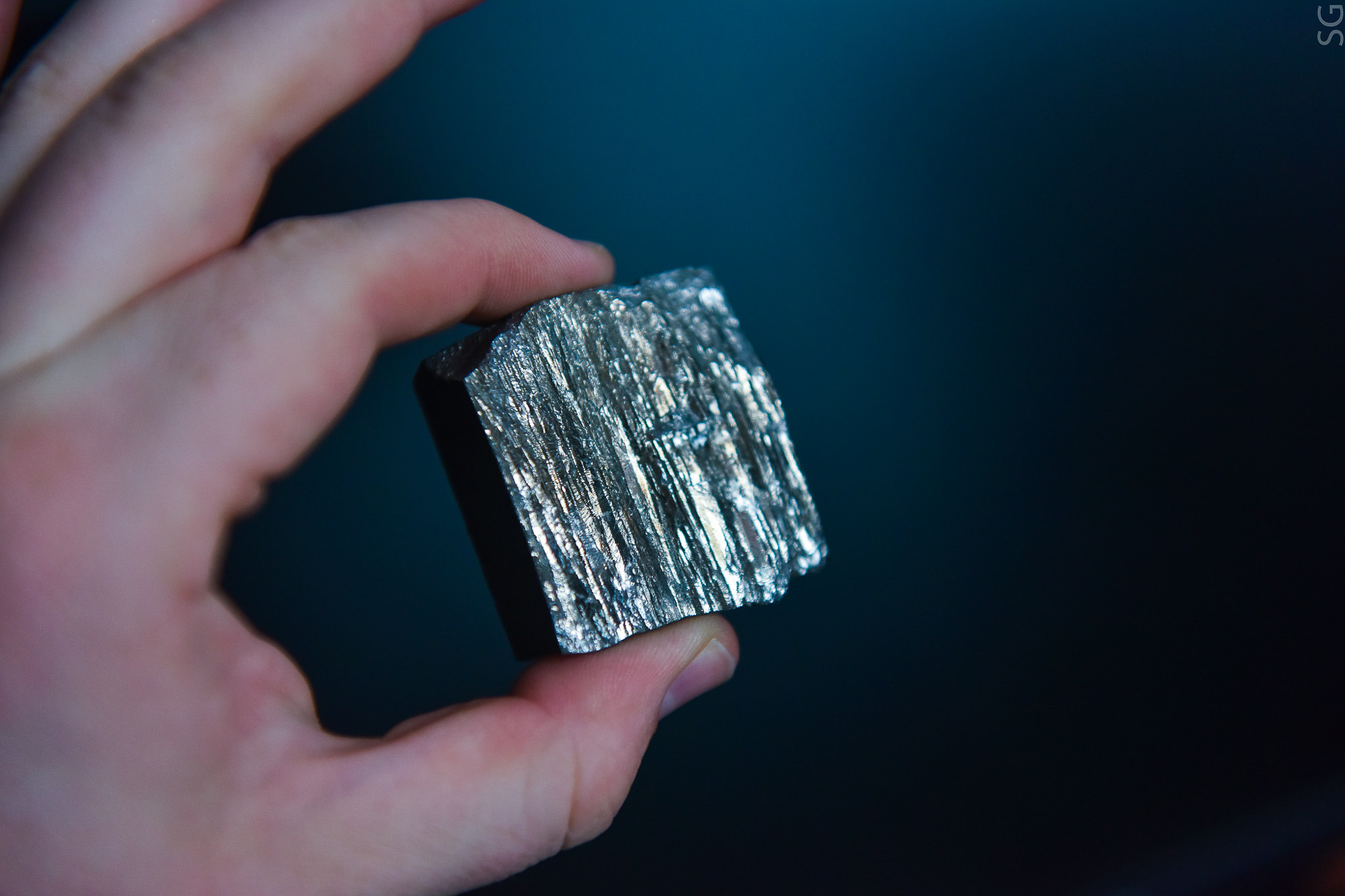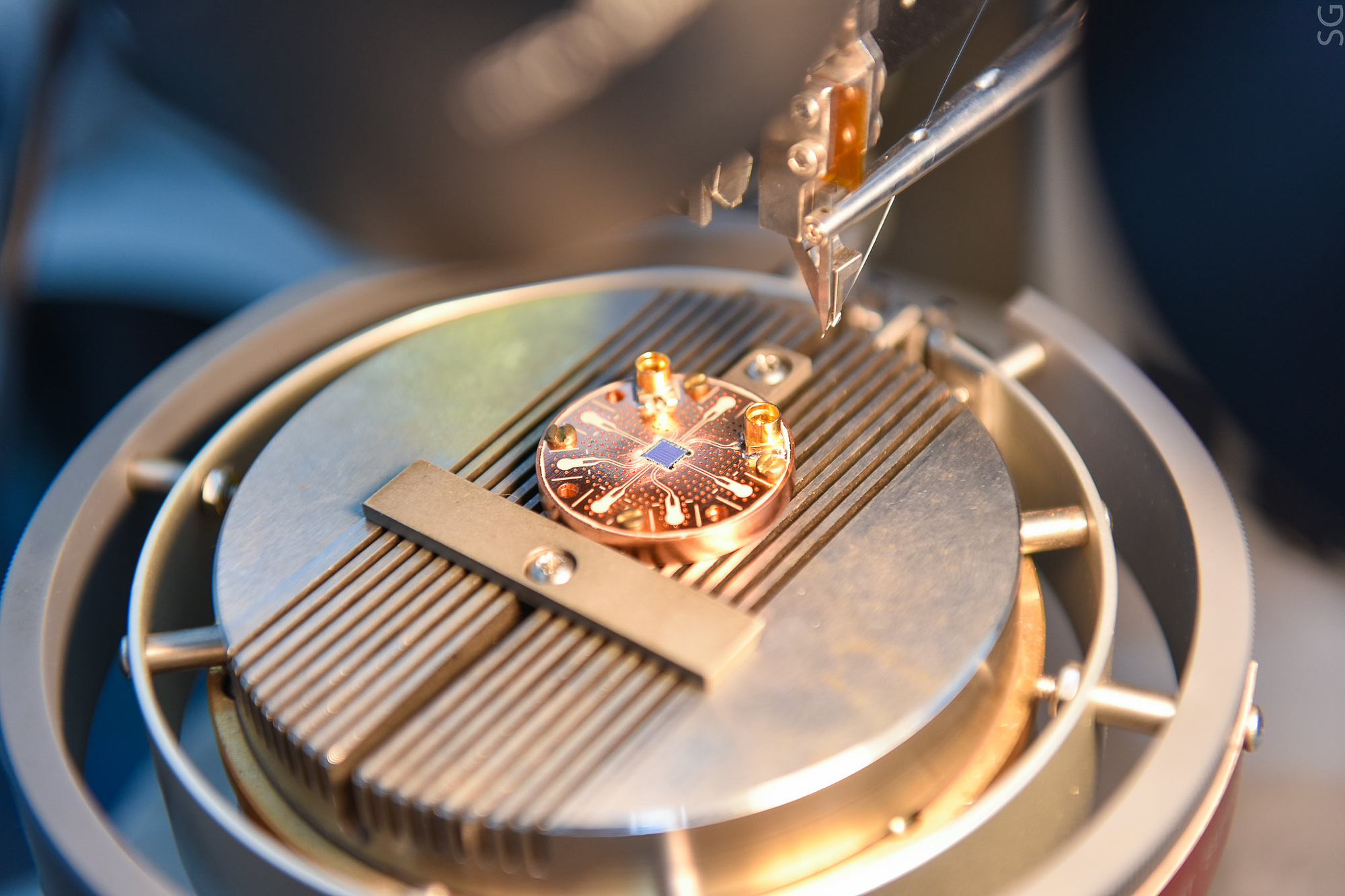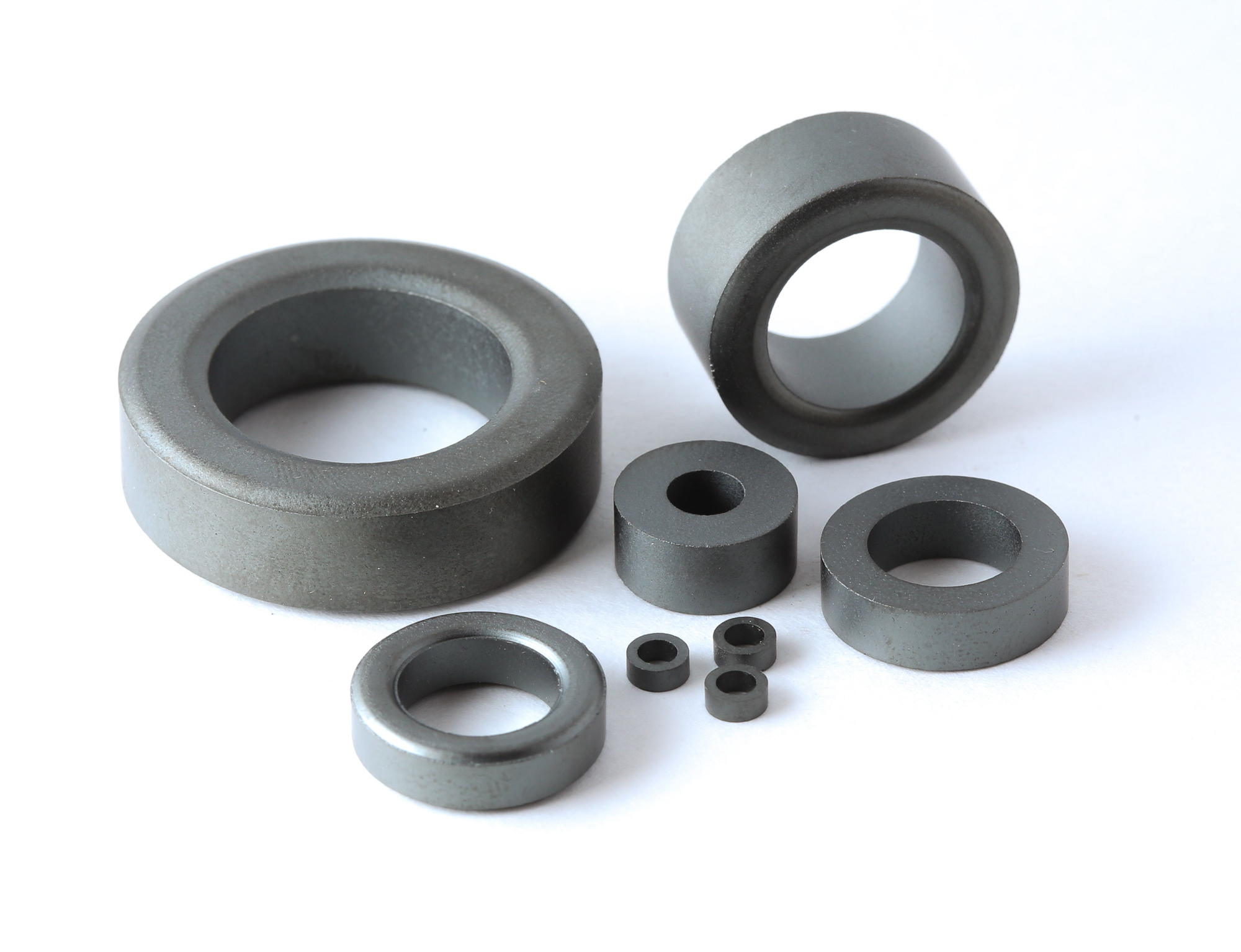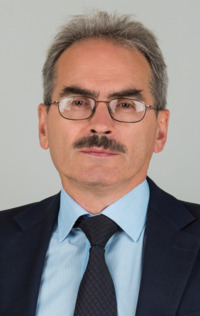College of New Materials
The College of New Materials educates specialists in materials science, one of the most promising fields of science.
Education at the College of New Materials
Education at the college is distinguished by fundamental theoretical and practical training in the development of new materials, as well as in-depth study of basic disciplines. Students and postgraduates study and develop new materials based on metals, ceramics, semiconductors and dielectrics, composites, etc., master information technology, applied programming, and methods of mathematical modeling.
This college accepts graduate students for the following English-language MSc courses:
- Advanced Materials Science
- Science and Materials of Solar Energy
- Quantum Physics for Advanced Materials Engineering
- Nanotechnology and Materials for Micro- and Nanosystems
